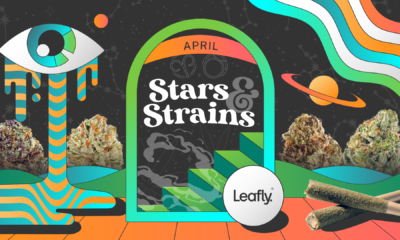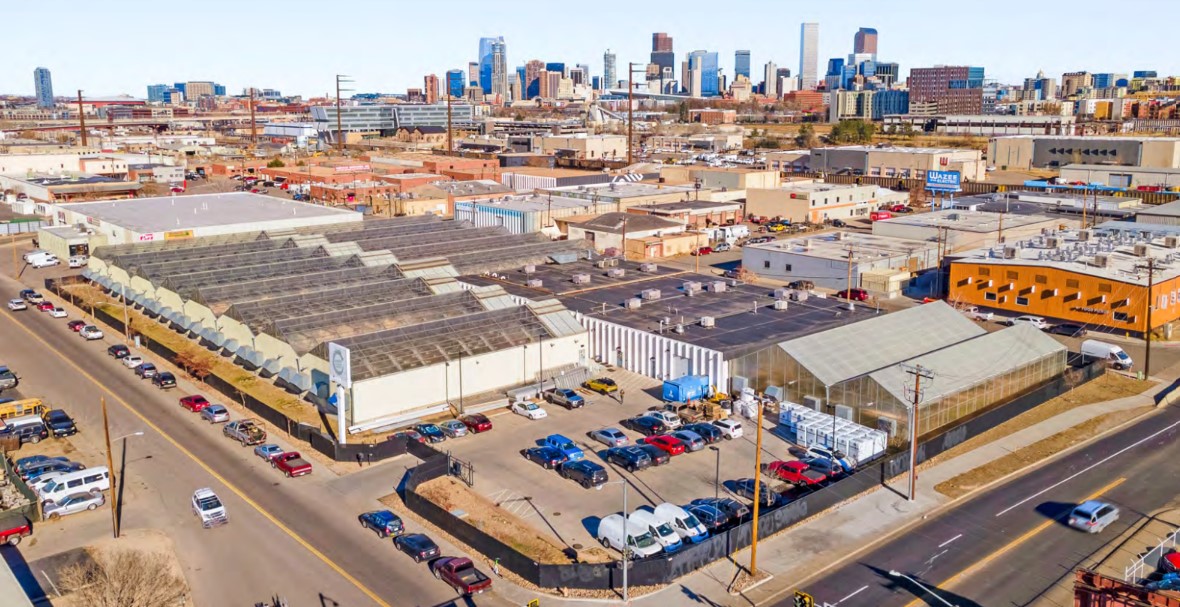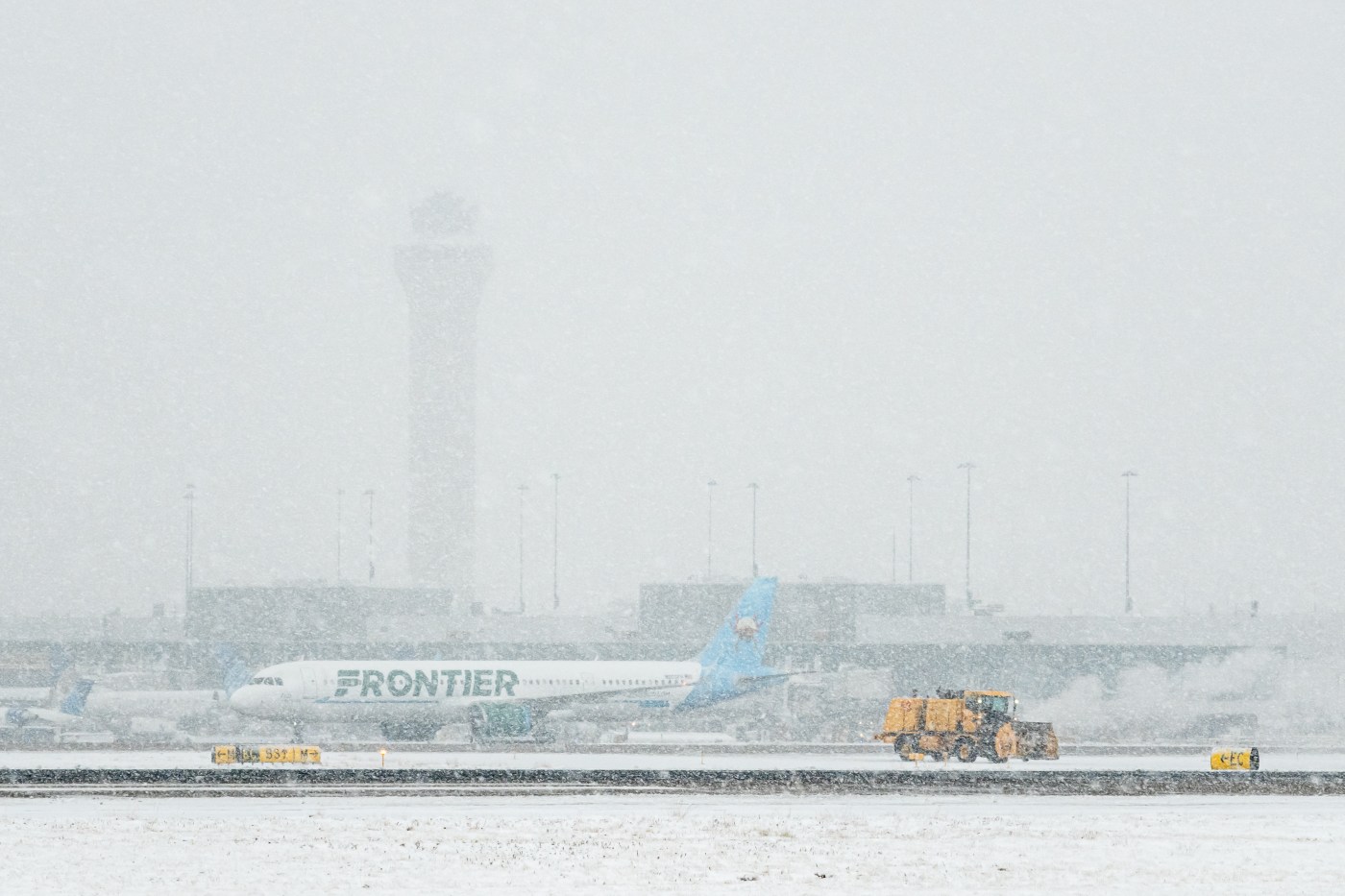Mastercard is telling U.S. cannabis shops: no debit for cannabis purchases. U.S. consumers use cash for a vast majority of legal cannabis sales. Debit and credit purchases are rare but not out of the ordinary.
But because cannabis remains illegal at the federal level, Mastercard has started cracking down.
“As we were made aware of this matter, we quickly investigated it. In accordance with our policies, we instructed the financial institutions that offer payment services to cannabis merchants and connects them to Mastercard to terminate the activity,” Mastercard said in a statement on Wednesday.
“The federal government considers cannabis sales illegal, so these purchases are not allowed on our systems,” the statement continued.
The ban does not extend to Canadian consumers, where cannabis is legal at the federal level. Canadian customers can continue to use Mastercard debit and credit for cannabis purchases.
Mastercard: No Debit for Cannabis
Mastercard doesn’t want customers using their debit cards for cannabis because of the federal ban. But, more likely, this has more to do with the federal prohibition regarding banking and providing financial services to the cannabis industry.
The U.S. SAFE Banking Act seeks to correct this financial prohibition.
Section 280E of the Internal Revenue Code says legal cannabis businesses cannot deduct operating expenses from their gross income. SAFE Banking would reverse that.
SAFE Banking has failed three times in U.S. Congress.
The Democrat-controlled US Senate is opening to pass another version of the bill this year. Republican Senator John Cornyn said this was “wishful thinking.”
In the meantime, don’t expect Mastercard to reverse its “no debt for cannabis” decision until U.S. politicians pass SAFE Banking.
Mastercard: No Debit for Cannabis? That’s Okay. Cash is King
Mastercard sent cease-and-desist letters to cannabis companies informing them of their “no debt for cannabis” policy.
While this leaves many consumers out to dry, as mentioned, most U.S. legal cannabis sales are made with cash. If anything, the rest of the economy should mimic the U.S. cannabis industry.
While access to banking services is essential for any advanced market economy – consider the benefits of using cash. And then the downsides of a cashless society where governments and banks can track you and your purchases with a digital currency.
Mastercard’s no debit for cannabis policy may end up being a good thing.
Cash Pros
- When you pay with cash, you use the money you already have. That means no debt or overdraft fees.
- Cash transactions are more tangible and can help you budget. When you use cash, you can physically see how much money you’re spending and how much you have left.
- Cash transactions are private and don’t leave a digital trail. This also reduces the risk of identity theft and online fraud.
- No transaction fees with cash
- Cash is universally accepted. Especially the American dollar. Even in remote parts of the world, a gold coin will get you access to food and shelter.
- Cash transactions are instant. No need to worry about approvals, declined transactions, or the “blockchain.”
- Cash doesn’t require technology or electricity. Cash saves the day if your electronic payment system is on the fritz.
- It’s impossible to overspend cash since you’re limited to what’s physically in your wallet.
- Cash is convenient.
- Cash is private. Already mentioned, but worth repeating.
Cons of a Cashless Society
It’s no secret that Joe Biden is pushing the U.S. government to develop a “digital dollar” or a central bank digital currency.
While cash-flooded dispensaries may welcome SAFE banking and an end to Mastercard’s ‘no debit for cannabis’ policy – be aware of sheep in wolf’s clothing.
Consider the negatives of a cashless society.
- Electronic payments leave a digital trail for online grifters and government busybodies. Banks and governments could monitor, record, and profile your spending habits.
- Increased vulnerability to cybercrime. The government can’t even deal with crime in real life, let alone cyber-criminals stealing digital wallets.
- Relying on technology requires dependable infrastructure and a stable internet connection. In the case of power outages or natural disasters, a cashless society could leave people without any means of payment.
- Transaction fees and hidden costs would become more normal than they are now.
- Loss of financial anonymity. People can also steal financial data or use it to blackmail or coerce.
- Imposes costs that large corporations can cover while negatively affecting small businesses
- Gives governments new tools and weapons to use. For a real-life example, during the Canadian Freedom Convoy protest, the government ordered banks to freeze the accounts of peaceful protesters. These restrictions would have prevented the protestors from feeding themselves if not for cash.
- Cashless transactions benefit large financial institutions at the expense of everyone else. A cashless society gives banks and governments more economic control and influence. Ultimately limiting consumer choice and creating a two-class system of “haves” and “have-nots.”
While Mastercard’s ‘no debit for cannabis’ policy is annoying, looking for the silver lining is always beneficial.
And while it would be nice if the U.S. government treated the cannabis industry like any other. Simultaneously, it would be nice if more companies borrowed from cannabis and trusted cash.

 Cannabis News2 years ago
Cannabis News2 years ago
 One-Hit Wonders2 years ago
One-Hit Wonders2 years ago
 Cannabis 1012 years ago
Cannabis 1012 years ago
 drug testing1 year ago
drug testing1 year ago
 Education2 years ago
Education2 years ago
 Cannabis2 years ago
Cannabis2 years ago
 Marijuana Business Daily2 years ago
Marijuana Business Daily2 years ago
 California2 years ago
California2 years ago






























